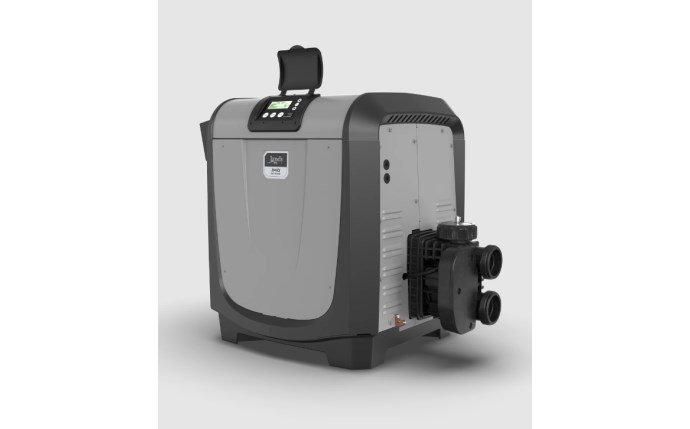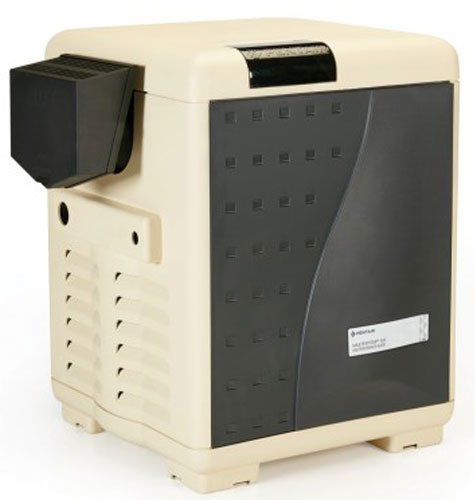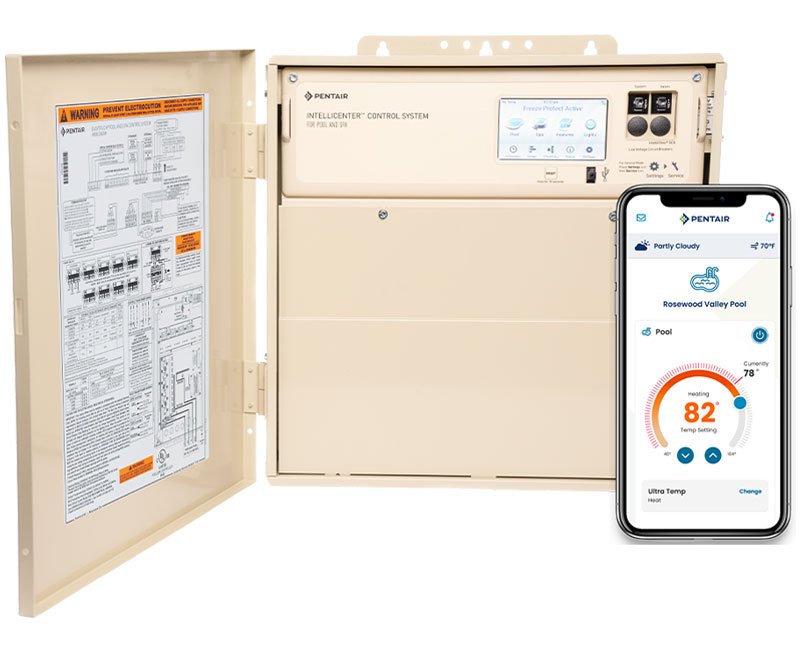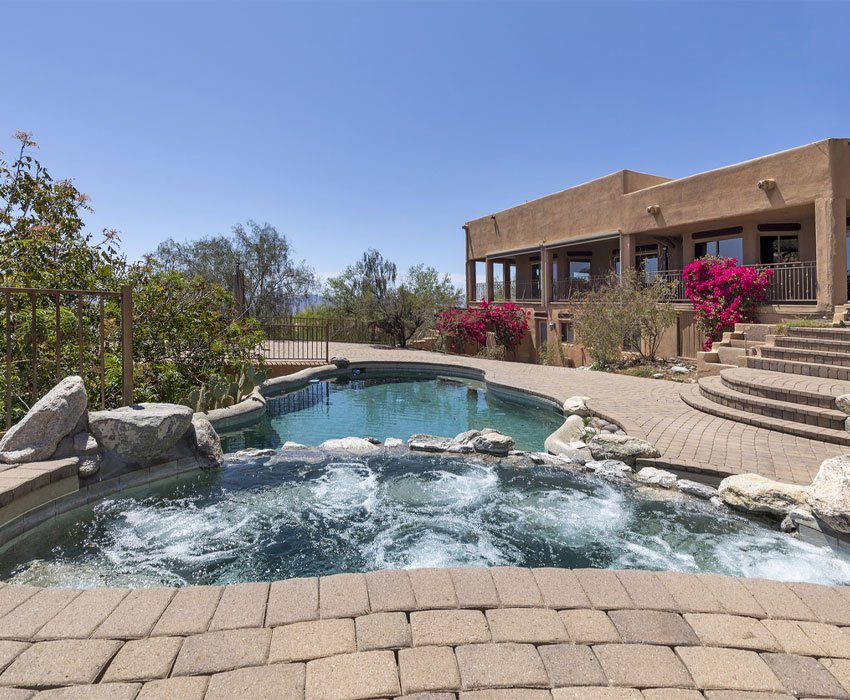Frequently Asked Questions
How do installation costs for energy efficient pool heaters vary among brands?
Installation costs for energy-efficient pool heaters can vary significantly among brands due to differences in technology, materials, and features. Premium brands may offer advanced efficiency and warranty options, impacting overall installation expenses.
How can improper installation affect my Pentair pool heaters performance and lifespan?
Improper installation can significantly impact your Pentair pool heater's performance and lifespan. It may lead to inefficient heating, increased energy costs, and potential damage to the system, ultimately shortening its operational life.
How do installation requirements for Hayward pool heaters differ from other brands?
The installation requirements for Hayward pool heaters differ from other brands primarily in their specific plumbing and electrical configurations, which can affect compatibility with existing systems. Additionally, Hayward heaters may require certain clearances and venting options that are unique to their models.
What factors influence energy efficient pool heater costs?
The factors influencing energy-efficient pool heater costs include the heater's type, size, efficiency rating, installation complexity, and any additional features, such as automation systems. These elements collectively impact both the initial investment and long-term operational savings.
How can I choose the right pool heater brand?
Choosing the right pool heater brand involves considering factors such as energy efficiency, warranty options, and customer reviews. Research reputable brands known for durability and reliable performance to ensure a warm and enjoyable swimming experience.
What are common installation mistakes for pool heaters?
Common installation mistakes for pool heaters include improper sizing of the heater, incorrect plumbing connections, inadequate ventilation, and neglecting local codes. These errors can lead to inefficiency, increased energy costs, and potential safety hazards.
How does installation affect pool heater efficiency?
The installation of a pool heater significantly impacts its efficiency. Proper installation ensures optimal airflow, correct sizing, and appropriate placement, which all contribute to maximizing energy use and maintaining consistent water temperatures.
What maintenance is required for energy efficient heaters?
Maintenance for energy-efficient heaters involves regular inspections, cleaning of filters, checking for leaks, and ensuring proper airflow. Additionally, scheduling professional servicing annually can help optimize performance and extend the heater’s lifespan.
How can I ensure proper pool heater installation?
Ensuring proper pool heater installation involves hiring a qualified technician, like those at Luna Pool Service, who can assess your pool’s specific needs, follow manufacturer guidelines, and ensure all connections are secure for optimal performance.
What are the benefits of automated pool heating?
The benefits of automated pool heating include enhanced convenience, precise temperature control, and energy efficiency. This system allows you to maintain your pool's ideal temperature effortlessly, ensuring a comfortable swimming experience while reducing energy costs.
How do I troubleshoot my pool heater issues?
Troubleshooting pool heater issues involves checking power supply, ensuring proper water flow, and inspecting for error codes on the control panel. If problems persist, consult a professional technician for a thorough diagnosis and repair.
What features should I look for in pool heaters?
The features to look for in pool heaters include energy efficiency, heating capacity, ease of operation, and compatibility with automation systems. Additionally, consider the heater's durability and warranty for long-term reliability.
How often should I service my pool heater?
The frequency of servicing your pool heater is crucial for optimal performance. It is recommended to service your pool heater at least once a year to ensure efficiency and prevent potential issues.
What are the signs of a failing pool heater?
The signs of a failing pool heater include inconsistent heating, unusual noises, error codes on the control panel, and increased energy bills. If you notice these issues, it's essential to seek professional repair services promptly.
How can I improve my pool heaters performance?
Improving your pool heater's performance involves regular maintenance, such as cleaning filters, checking for leaks, and ensuring proper water chemistry. Additionally, consider scheduling professional inspections to address any underlying issues promptly.
What is the average lifespan of pool heaters?
The average lifespan of pool heaters is typically between 5 to 15 years, depending on the type, usage, and maintenance. Regular servicing can help extend their longevity and ensure optimal performance.
How do I select the best pool heater for my needs?
Selecting the best pool heater for your needs involves considering factors such as your pool size, climate, energy efficiency, and budget. Evaluate different types of heaters and consult with a professional to ensure optimal performance.
What are the energy savings from efficient pool heaters?
The energy savings from efficient pool heaters can be significant, often reducing energy costs by 30% to 50% compared to traditional models, leading to lower utility bills and a more environmentally friendly pool heating solution.
How does climate affect pool heater performance?
Climate significantly affects pool heater performance. Colder temperatures can reduce heating efficiency, while high humidity may lead to increased energy consumption. Understanding these factors helps ensure optimal operation and maintenance of your pool heating system.
What are the installation requirements for automated heating?
The installation requirements for automated heating include a compatible pool heater, proper electrical and plumbing connections, and a dedicated control system for integration. Additionally, adequate space for equipment and adherence to local codes are essential for a successful setup.
How can I integrate automation with my pool heater?
Integrating automation with your pool heater involves connecting a compatible automation system that allows you to control the heater remotely, set schedules, and optimize energy use for enhanced convenience and efficiency.
What are the differences between gas and electric heaters?
The differences between gas and electric heaters lie primarily in their energy sources and efficiency. Gas heaters typically heat water faster and have lower operational costs, while electric heaters are easier to install and maintain but may have higher energy expenses.
How do I prepare for pool heater installation?
Preparing for pool heater installation involves ensuring clear access to the installation area, checking electrical and gas connections, and having the necessary permits ready. Additionally, inform your technician about any specific requirements or preferences you may have.
What certifications should my pool heater technician have?
The certifications your pool heater technician should have include CPO (Certified Pool Operator) and relevant manufacturer certifications. These qualifications ensure they possess the necessary expertise to diagnose and repair pool heaters effectively.
How can I extend the life of my pool heater?
Extending the life of your pool heater involves regular maintenance, such as cleaning filters, checking for leaks, and scheduling professional inspections. Additionally, ensuring proper water chemistry and protecting the heater from harsh weather can significantly enhance its longevity.
What are the costs associated with pool heater repairs?
The costs associated with pool heater repairs can vary based on the type of repair needed, the specific heater model, and labor charges, typically ranging from $100 to $1,500. Regular maintenance can help reduce unexpected repair expenses.
How do I know if my heater needs replacement?
The signs that indicate your heater needs replacement include inconsistent heating, frequent breakdowns, rising energy bills, and age over 10-15 years. If you notice these issues, it may be time to consider a replacement.
What are the advantages of professional pool heater installation?
The advantages of professional pool heater installation include expert assessment for optimal placement, adherence to safety standards, and assurance of efficient operation. This ensures longevity and reliability, ultimately enhancing your swimming experience.
How can I optimize my pool heating system?
Optimizing your pool heating system involves regularly maintaining your heater, ensuring proper insulation, and utilizing a pool cover to retain heat. Additionally, consider upgrading to energy-efficient models and automating temperature controls for enhanced efficiency.
What are the latest technologies in pool heating?
The latest technologies in pool heating include energy-efficient heat pumps, solar heating systems, and smart automation controls that optimize temperature settings for enhanced comfort and energy savings. These innovations ensure a more enjoyable swimming experience while reducing operational costs.








